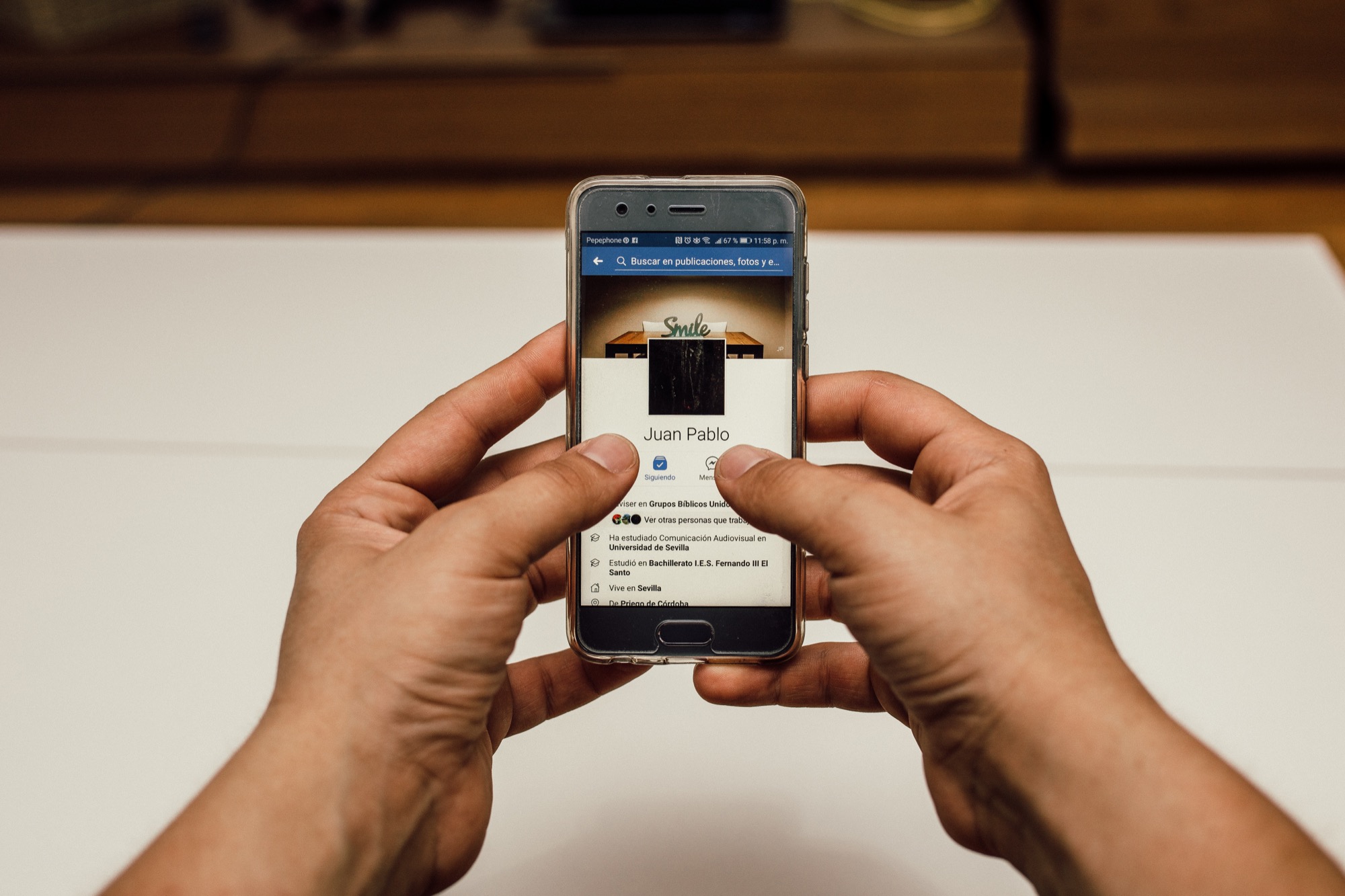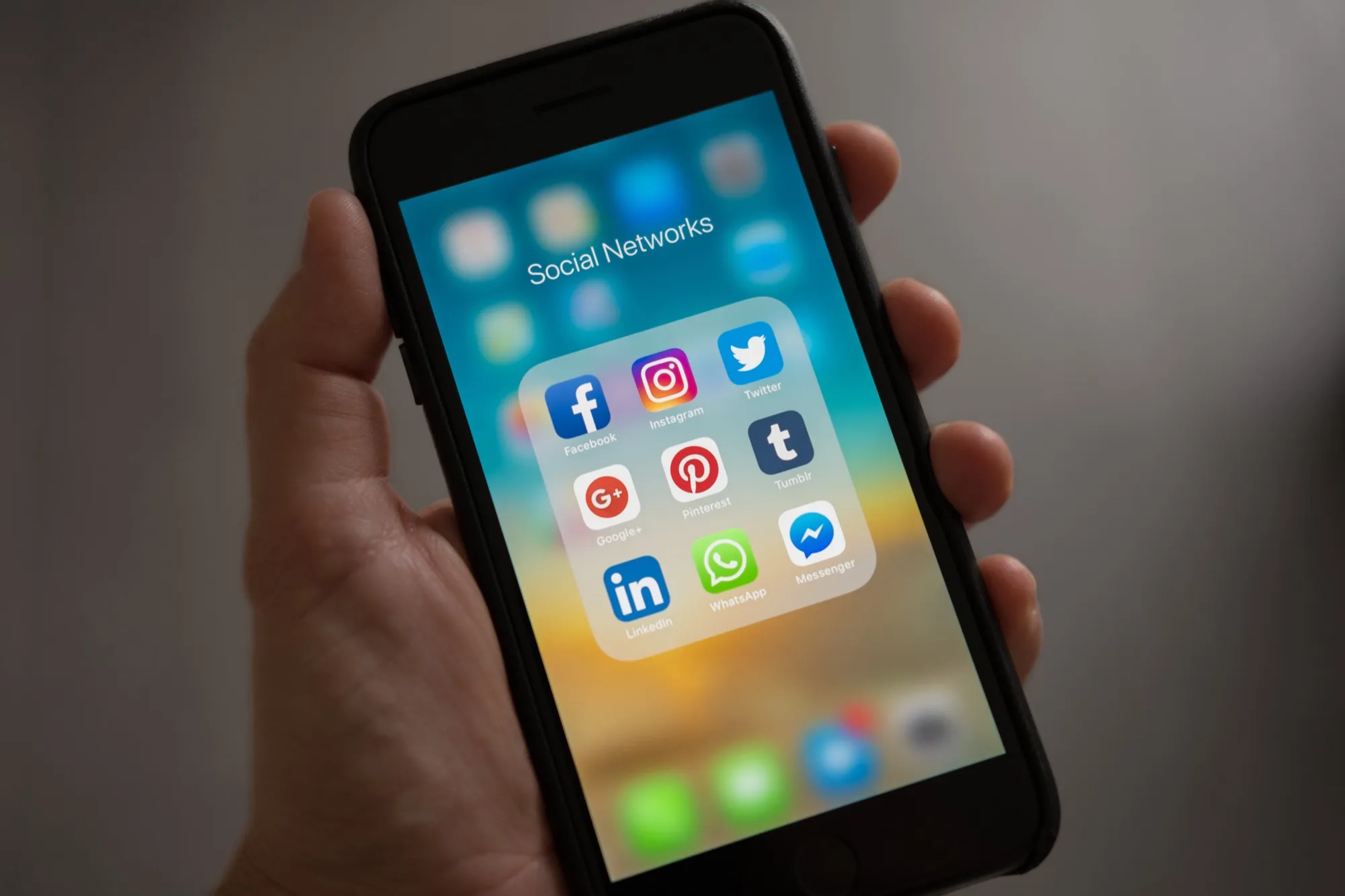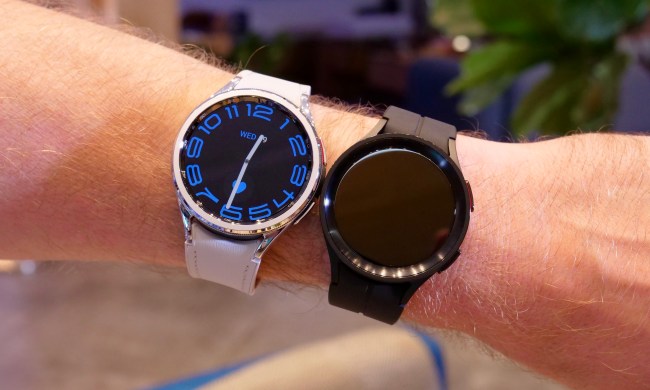Love it or hate it, Facebook has become an integral part of many people’s online lives. One way you might be able to improve your social media experience is to look at Facebook’s Lite app (available for Android and iOS). Both the primary Facebook and Facebook Lite apps offer all the main features of Facebook, but the later version is designed to use less network data and will work well on low-end devices. We look at both applications to see which is best for you in this Facebook versus Facebook Lite battle.
Facebook Lite
Features
Let’s start with the features of each application. Both Facebook and Facebook Lite offer the social network’s main features; however, Facebook doesn’t address what it considers its main features, so you will need to discover what is missing as you use the app. Our testing found that most primary features were available, including the News Feed, Marketplace, Stories, and Groups. If you’re comparing the two applications, we recommend downloading Facebook Lite and giving it a try for yourself to see if anything you consider vital is missing.
While we had trouble finding any stark feature differences between the apps, new features are more likely to land on the primary Facebook app; thus, the primary app will be your best bet if you want the most out of Facebook.
Winner: Facebook

Mobile Data
One of the primary selling points of Facebook Lite is its emphasis on using less data and working well on all networks, including 2G, which is considered one of the slowest networks available for data. The standard Facebook app should not pose an issue in areas rich with 4G, 4G LTE, and 5G signals. Still, Facebook Lite provides a wonderful alternative for those with slower networks.
Facebook Lite is an excellent option for areas where high-speed networks aren’t available or for users looking to minimize the amount of data used on their cellular plans. As a result, when it comes to Mobile Data, Facebook Lite uses less, which in this instance, is more.
Winner: Facebook Lite
Storage
Facebook Lite is a perfect option for devices with low storage space. In our testing, we downloaded both the Facebook and Facebook Lite apps to a Samsung Galaxy S20. The full-featured Facebook app took up a total of 181MB; this is only for the app itself and does not include any additional data. In comparison, when measured against the same standard, the Facebook Lite app used only 2.65MB — that’s quite a remarkable difference.
With smartphones offering up to 1TB of built-in storage, the point may seem moot to some, but for smartphones low on internal storage, where every bit and byte matters, Facebook Lite is a clear winner.
Winner: Facebook Lite
Availability
The primary Facebook app is available everywhere Facebook is present, which is virtually world-wide. The Facebook Lite app is a bit more limited, with Facebook Lite being freely available on the Android Play Store but its iOS counterpart only being available in select markets. Here in the United States, where we tested, the Android version of Facebook Lite is available, but the iOS version is not obtainable. When it comes to access, the primary Facebook app is available for everyone, making it the winner of this category.
Winner: Facebook
Overall winner
With our comparison articles, it’s always nice to have a clear winner, but the prime choice is based on several criteria when it comes to Facebook’s available apps. The primary Facebook app will be the best bet for most individuals, as it is widely available and allows you to access everything that Facebook has to offer its users. However, if you live in an area with an underdeveloped cellular ecosystem or your smartphone is tight on space, Facebook Lite is an attractive option that includes all of Facebook’s main features. Choose the best option for you because, in this battle, it’s a tie.



